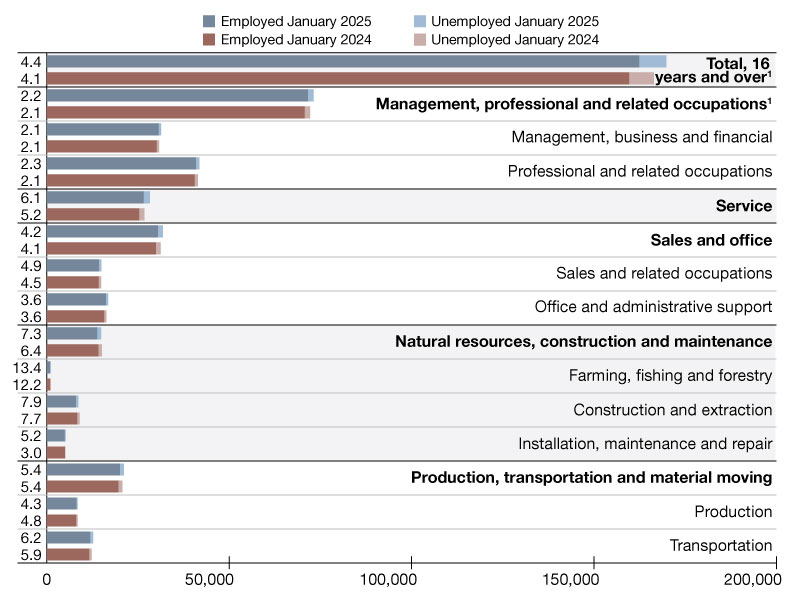Expo Real 2018: AI and the Future of CRE
Industry experts at Europe's largest real estate and investment event agree: There’s no time like the present to make AI part of a strategy for long-term success.
By Alexandra Pacurar
Artificial intelligence has been a hot subject in real estate for a few years now and while some remain uncomfortable with the fast-growing trend, others are already saving time and money by using such technologies in their businesses. While AI has its challenges, the potential gains for the industry far outweigh them.
In one of the opening panels of 2018’s Expo Real, the yearly international real estate and investment conference taking place in München, Bastian Schulz, head of sales at Leverton; Sascha Donner, co-founder & head of product at startup Evana; Matthew Webster, CFO of Cloudscraper; and Nicolai Wendland, COO of 21st Real Estate, shared their vision on how AI could shape the industry.
What can AI do for real estate?
The highest goal for real estate professionals using AI seems to be the simplification of the acquisition process, at a larger scale. “There is no bigger vision than imagining the process of purchasing one property with one click, like we do with shares. We will be there soon, in a few years,” Wendland said.
In the U.S., such platforms have already been launched, but the industry’s adaptation process to this new form of closing deals is slow. The same type of skepticism is also present in the European market. Some are even waiting for an official regulation on using AI, which is not a winning approach, according to Donner. “It’s not about waiting for the governments to provide AI guidelines. The industry is driving the AI technologies forward. You need to do something about it. Don’t wait,” he added.
In the meantime, organizations and institutions mostly use AI in the due diligence process, as it drastically cuts down on research times. “Nobody likes to read a 200-page contract. We can use AI to extract data from those contracts and base buying decisions on it. With every contract, its reading is getting better,” Schulz said. AI has a similar use in banking, helping executives narrow their business network a lot faster and more efficiently. “It helps us cut down the inefficiencies from the beginning. Also, it helps us go through several deals, proposals and just focus on the ones that are worth it. It’s something similar to due diligence,” Webster added.
AI vs. human mentality
Awareness and willingness to hand over some processes to machines are still scarce, experts say. Some even fear the fact that robots might replace real estate professionals, but these fears as dismissed as sci-fi stories by those already experienced in providing AI services. Hans-Christian Boos, CEO & founder of AI services company Arago Gmbh, is certain that robots won’t be replacing humans anytime soon. “Machines do not understand anything. I’ve been doing this for 35 years. So, trust me. They’re missing four billion years of evolution,” he stated in one of the early presentations of this year’s Expo Real.
Another challenge is the fact that the technology hasn’t been used in real estate long enough for historical data to be comprehensively conclusive through AI analysis. “One of the problems is the fact that most of the information has been gathered in the last two-three years. The concern is that the info hasn’t been through a cycle. We don’t have that data yet,” Webster explained.
“There are two dimensions of data. The first is that there is not sufficient data in the industry. The second is that, in the industry, we don’t deal with data in a professional way. We need to create much better data. It’s not just the quantity, but also how it’s structured, the quality,” Donner said.
Since AI feeds on data, this is currently the core of the business, but industry professionals predict a shift in values. “In 10-15 years, the value of data will come down, because there will be more people who will have it. The value will come from the insights,” Webster stated.
Another issue is the fact that many hope to completely transform their business and cut down costs instantly by using AI technologies. “We also have to do some management of expectations. None of us can solve all your problems with one click, but we can solve a lot of your problems,” Wendland said.
How to start with AI
All fears aside, new players are constantly entering the AI game. However, before they do, they need to have the right approach. “The first thing you need to do is ‘get a budget.’ Established firms would expect smaller firms to work and help them with AI for free in the first few years and then maybe do a contract for €1,000 ($1,200). Create a budget of at least €15.000 ($17,200). Allocate it to improve a part of your business, in preparation of using an AI system,” Wendland added.
Experts recommend that those just starting to experiment with AI in real estate begin with a small, feasible project as a test. This will also add less pressure on the budget. But where does the data come from? How much data is enough data? “Sharing data is always a critical part. We have to close a data processing agreement with the client before we start. We have some trained models that allow us to start right away. If we can start with these, we can bring you value in a couple of days and weeks,” Schulz promised.
Toward the end of the discussion, the panelists were asked to send a message to those thinking about using AI in their real estate businesses. The common message was quite clear: “Stop looking. Start trying.”
Cover image by Thomas Plettenberg / Messe München. Copyright 2018, Messe München GmbH, all rights reserved










You must be logged in to post a comment.